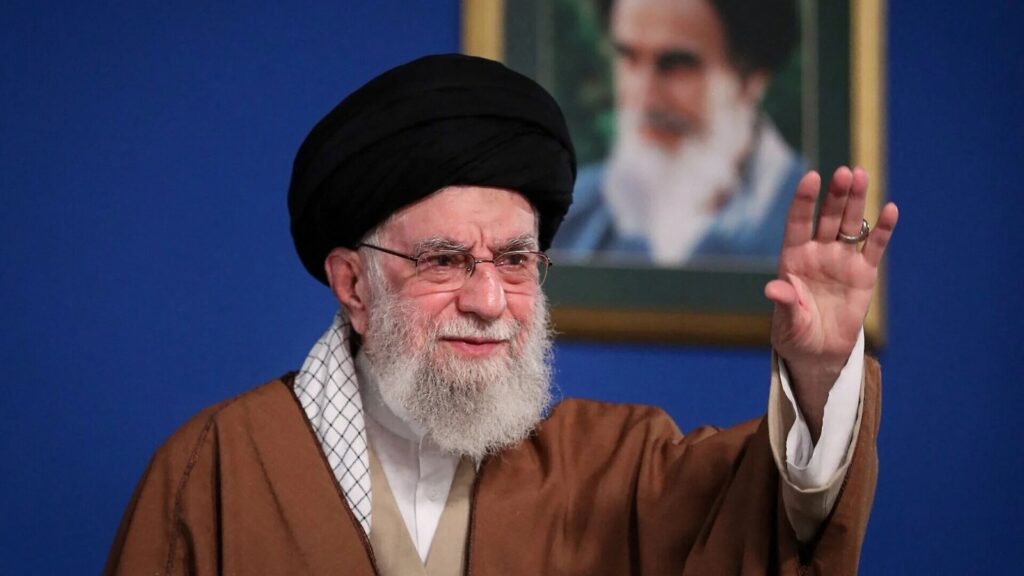Iranian Supreme Leader Ayatollah Ali Khamenei has reportedly shortlisted three individuals as possible successors to lead the Islamic Republic after him. Notably, his son Mojtaba Khamenei—long speculated as a likely heir—has been excluded from the list. Sources familiar with internal developments claim that this decision reflects a deliberate effort to avoid the appearance of dynastic succession within the theocratic system.
In a rare and dramatic shift in routine, Ayatollah Khamenei has allegedly relocated to a secure underground facility at an undisclosed location. He has also ceased using all electronic devices, reportedly due to growing concerns over foreign surveillance, targeted cyber operations, and rising regional tensions. These precautionary measures suggest a heightened state of alert within Iran’s top leadership, possibly in response to escalating threats from Israel and the United States, particularly following recent covert operations and assassinations targeting Iranian officials and infrastructure.
Simultaneously, Iran’s Parliament has approved a resolution to close the Strait of Hormuz—a critical chokepoint between the Persian Gulf and the Gulf of Oman—to vessels linked to Israel or its strategic interests. The legislation has now been forwarded to the Supreme National Security Council for final approval. The Strait of Hormuz handles nearly 20% of global oil trade, and any disruption could spark severe economic consequences and trigger a wider geopolitical standoff. Iranian lawmakers argue that the move is a legitimate defensive response to what they describe as “aggressive and unlawful provocations” by Tel Aviv and Washington.
According to regional analysts, this decision could reshape the strategic balance of power in the Gulf. By threatening to weaponize one of the world’s most vital maritime corridors, Iran is signaling both its vulnerability and its leverage. The closure of the strait would not only send oil prices soaring but also challenge the rules of international maritime law, particularly those concerning freedom of navigation in global waterways. Western powers, especially the United States and European Union, have warned that any such action would be met with firm diplomatic and possibly military responses.
In a broader context, these developments reflect the dual strategy Tehran is employing: safeguarding its internal leadership transition while simultaneously escalating pressure on external adversaries. With regional tensions already at a boiling point and global markets sensitive to any disruption in oil supply, Iran’s actions are being watched closely by world powers. The coming days may prove critical in determining whether the region edges toward diplomacy or drifts into a deeper crisis.





